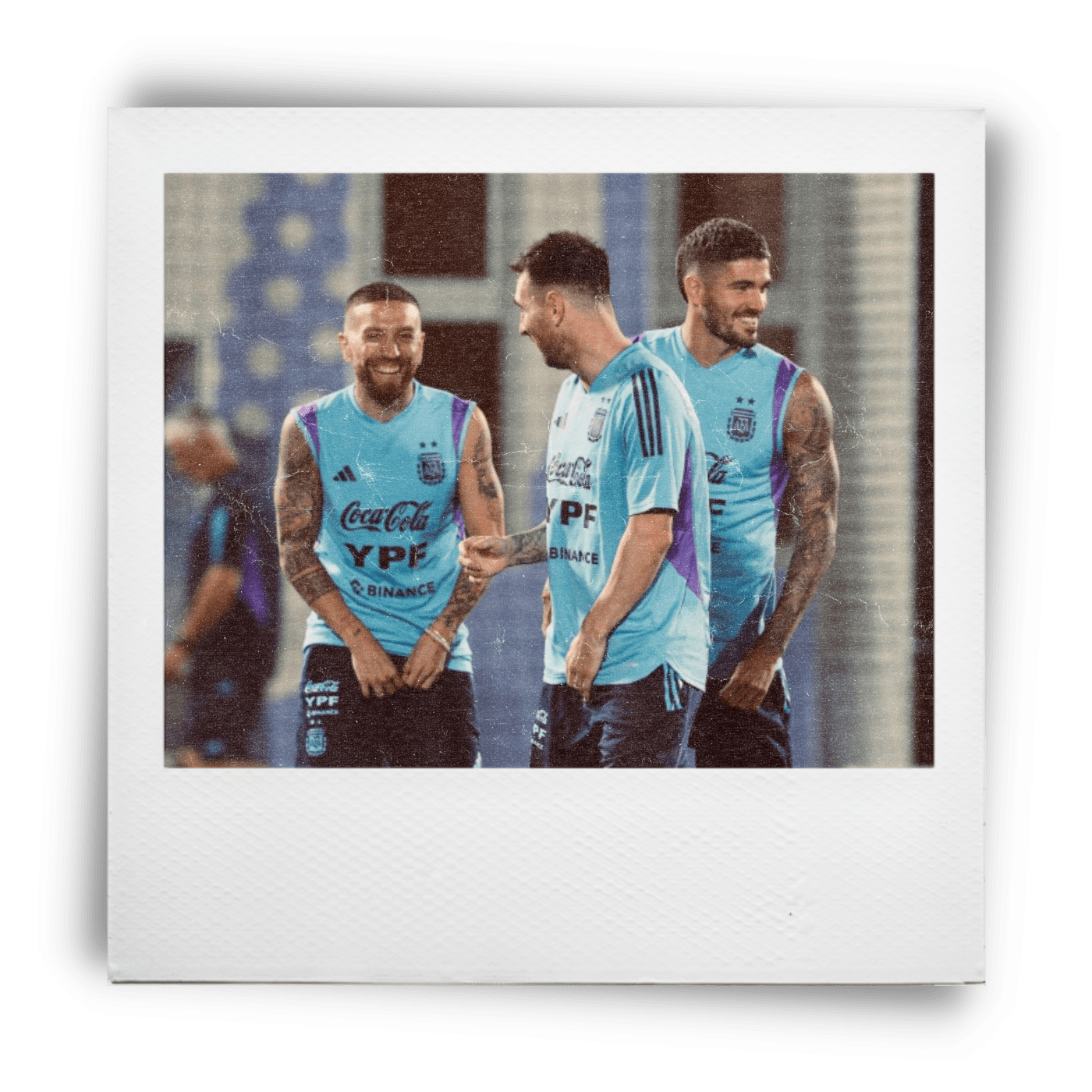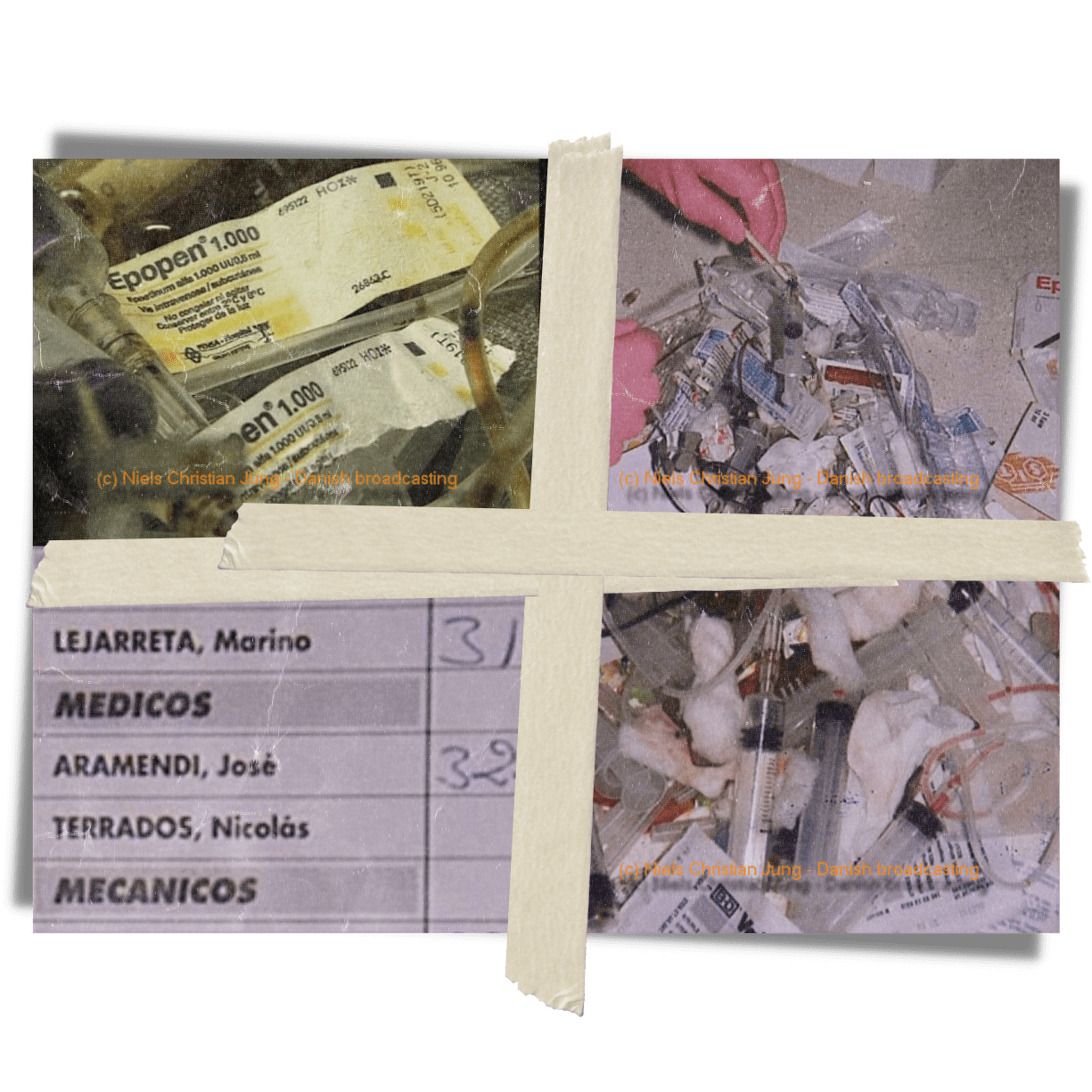Nearly zero blood tests in La Liga, Thirteen doping positives in Spanish football
Over a five-year period, as many as eleven Spanish footballers escaped doping bans.
It takes considerable time and effort to run this newsletter, and paid subscriptions help greatly. If you would like a group subscription for your organisation please reach out directly at honestsport@substack.com.
Thank you to those of you who have decided to subscribe already.
Help grow this newsletter by sharing it with friends, athletes or colleagues, particularly anti-doping officials, journalists or sports lawyers, who you think would find it useful or interesting. Thank you, Edmund!
There have been at least thirteen failed doping tests involving professional footballers playing in Spain since 2017, but only two players were banned from sport, Honest Sport has found.
This spate of positives has arisen despite the fact that the Spanish anti-doping agency (CELAD) has collected zero blood samples from La Liga footballers in three of the last four years for which statistics are available.
As Human Growth Hormone (HGH) can only be tested for in blood from subjects, it seems the agency is not conforming to the World Anti-Doping Agency’s (WADA) requirement that 10% of footballers’ samples should be tested for the drug. HGH is a potent performance enhancer that can boost recovery and build muscle mass.
The former head of the Spanish football federation has said previously that there is so little doping in the Spanish game because footballers are tested so often.
In 2023, it emerged that CELAD had sanctioned the Argentine 2022 World Cup winner Papu Gomez after he failed a doping test one day after a La Liga match versus Real Madrid, and a month before the start of Qatar 2022.
Gomez, who was no longer playing in Spain when he was banned, is one of the two players whose identity has been made public. In all the cases in which the footballers were cleared, CELAD ruled that the players had a medical justification for why the drugs were found in their system.
These findings cast doubt on whether anti-doping authorities treat all professional athletes equally. According to official figures, Spanish footballers who fail a drugs test are four times less likely to be sanctioned than the average Spanish athlete.
In 2022, this writer similarly revealed in The Mail on Sunday that 15 Premier League footballers had failed drug tests but that none of them were banned. However, footballers below the ‘top flight’ were sanctioned 67% of the time.

On 23rd October 2022, in a surprise visit to the Sevilla FC training ground, doping control officers took a sample from the Argentine player Papu Gomez that would soon return a positive finding for terbutaline. The drug in recent times has been used by Kenyan distance runners to increase performance and is banned for use in-competition by the World Anti-Doping Agency.
Days after submitting the sample, Gomez flew to the Qatar World Cup where he played in 2 matches as his nation won the tournament led by their star captain Lionel Messi.
Gomez, some ten months later, having been transferred to the Italian club Monza, was banned from sport for two years by the Spanish anti-doping agency (CELAD). The player denies any wrongdoing and has appealed the decision. His ban was backdated to before the start of Qatar 2022. Argentina have faced no punishment despite his involvement in the World Cup. The Sevilla manager at the time of Gomez’s positive result was Jorge Sampaoli, the Argentine national team manager at the 2018 World Cup.
According to Gomez’s version of events, in the days before a match against Real Madrid, and after a bad night, the player took some of his child’s cold syrup, which contained the drug he would later test positive for. The Sevilla doctors were not aware of Gomez’s mistake because he had neither informed, nor consulted them.
Whether Gomez’s account is accurate, and he was banned for two years, one thing is clear – it is the remit of the Sevilla medical staff to avoid such problems. The fact Gomez did not inform the club staff nor check with them the contents of what he was taking is bemusing.
On the Sevilla FC website, it states that the mission of the club’s medical staff is to ensure the health of all first team players and carry out the task ‘Prevention of doping’. Gomez was either reckless or the club’s doctors do not check every medication the players are taking.
While there is no suggestion of wrongdoing on behalf of Sevilla medical staff, the club may have shown a lack of decision making when hiring a doctor in 2011.
When Sevilla signed the manager Marcelino, now managing Villarreal, the coach brought with him the ‘tainted’ cycling doctor – Nicolas Terrados.

During the 1998 Tour de France, Terrados was arrested by French police in connection with the Festina Doping Affair and was accused of having brought controlled substances into France. Alex Zülle had told police that he had been administered erythropoietin (EPO) by Terrados. Terrados denied the allegations.
As shown in an ONCE team poster in the early 1990s, Terrados shared his role of team doctor with the notorious doping doctor Eufemiano Fuentes. In the 2002/03 season, Fuentes was paid by Real Sociedad in their miraculous run to second in La Liga. He is famously known for the Spanish military police investigation Operacion Puerto during which Fuentes had been blood doping many of Spain’s elite sportsmen.
Terrados, Fuentes’ former colleague, admitted to the possession of the unauthorised substances when he was arrested in 1998 but he claimed they were not for the riders but for support staff in the team. Terrados was found guilty and given a fine of €4,573. He appealed the decision, and in 2002 was acquitted of all charges.
However, this acquittal at criminal level, did not fully repair his reputation. In 2013, as part of a French senate investigation, the ONCE cyclist Laurent Jalabert had his samples from the 1998 Tour de France retested. They came back positive for EPO. Terrados was Jalabert’s team doctor at the time.
During the 1995 Vuelta a España, Danish journalists found discarded EPO and syringes in the ONCE team hotel. The drugs were in the room of the other team doctor – Terrados’ colleague Jose Aramendi.

There is no evidence that Terrados, who denies any wrongdoing, engaged in doping after leaving cycling or while at Sevilla in the 2011/12 season but when clubs employ doctors with such reputations, it will always leave them with little margin to play the sympathy card if one of their players ever tests positive. The Sevilla coach and medical staff have now changed, but the decision to hire Terrados, and now Papu Gomez’s doping case, are unwanted footnotes in Sevilla’s illustrious history.
Any which way Gomez and the club parted on amicable terms, and in a press release before his doping case was made public, the club thanked him for his contributions, “He leaves the club with a UEFA Europa League winners' medal from last season, in which his playing time was affected by an ankle injury. The Club thanks Papu for his efforts and wishes him the very best in the future.”
Since 2017, there have been thirteen failed doping tests in Spanish football but only two, including Papu Gomez’s, have led to a sanction. The other player was banned but his doping infraction was deemed ‘not serious’ so his identity, as written in Spanish law, was not publicly disclosed. In the eleven other cases the Spanish anti-doping agency accepted that the positive drug tests were all explained by a justifiable medical reason. The only other player whose identity is known is the UD Almeria goalkeeper Yan Eteki who was cleared after receiving an injection to treat an ankle injury, according to Relevo.
In football, this low conversion rate (15%) from positive drug tests to doping bans is not represented across the wider athlete population in Spain. Between 2017 and 2020 (2021 and onwards figures not yet released), there were 157 positive doping tests in the country, and 98 led to sanctions (62%).
Similarly, in the English Premier League, 15 footballers failed drug tests between 2015 and 2020, and zero were banned. However, over the same period, 16 players in the lower leagues were sanctioned after 24 tested positive (67%).
This spate of positives in Spain begs the question - how many more positives there would be in Spanish football if CELAD carried out more robust testing?
In 2013, the head of the Spanish Football Federation (RFEF) said that there was no doping in Spanish football because the testing was stringent. “Thank God, there is no doping,” Villar said. “Well, very little - so little that the cases that have come to light are just an anecdote within an anecdote. In Spain, players take a lot of tests every weekend, and nobody has tested positive. This is the reality,” said the then-president Ángel María Villar.
Honest Sport has now found that, according to WADA and CELAD statistics, CELAD carried out zero blood tests for the three years between 2019 and 2021. In 2022, the agency carried out just four blood tests despite the fact over 1000 footballers play in the two top divisions in Spain.
These figures become particularly alarming when one considers that Human Growth Hormone can only be tested for in blood.
Human Growth Hormone (HGH) is an effective performance-enhancer, must be stored cold, and boosts recovery, increases muscle mass and reduces fat. In 2019, a young footballer at a Premier League club was found in possession of the drug.
This blunt testing is seemingly not in line with WADA standards. In the WADA Technical Document for Sport Specific Analysis (TDSSA), which states how many samples must be tested for specific substances in specific sports, it says that 10% of all samples in football should be tested for HGH. As CELAD collected zero blood samples from footballers between 2019 and 2021, it seems the league did not test for HGH at all. In fact in 2022, CELAD collected 2599 samples across all sports but only tested 23 for HGH (0.9%).
A large hole in drug testing in La Liga - CELAD is yet to respond to this story.
If you enjoyed this article please subscribe to receive a new investigation on doping in professional sports every week. Or you can read this deep dive on doping in football, with particular focus on the English game.
Every Monday and Thursday, I also send an email with the URLs to all the major doping stories in the press over the past seven days.









So are they not being sanctioned by wada?
I assumed all the football leagues would be compliant with or called out by wada?